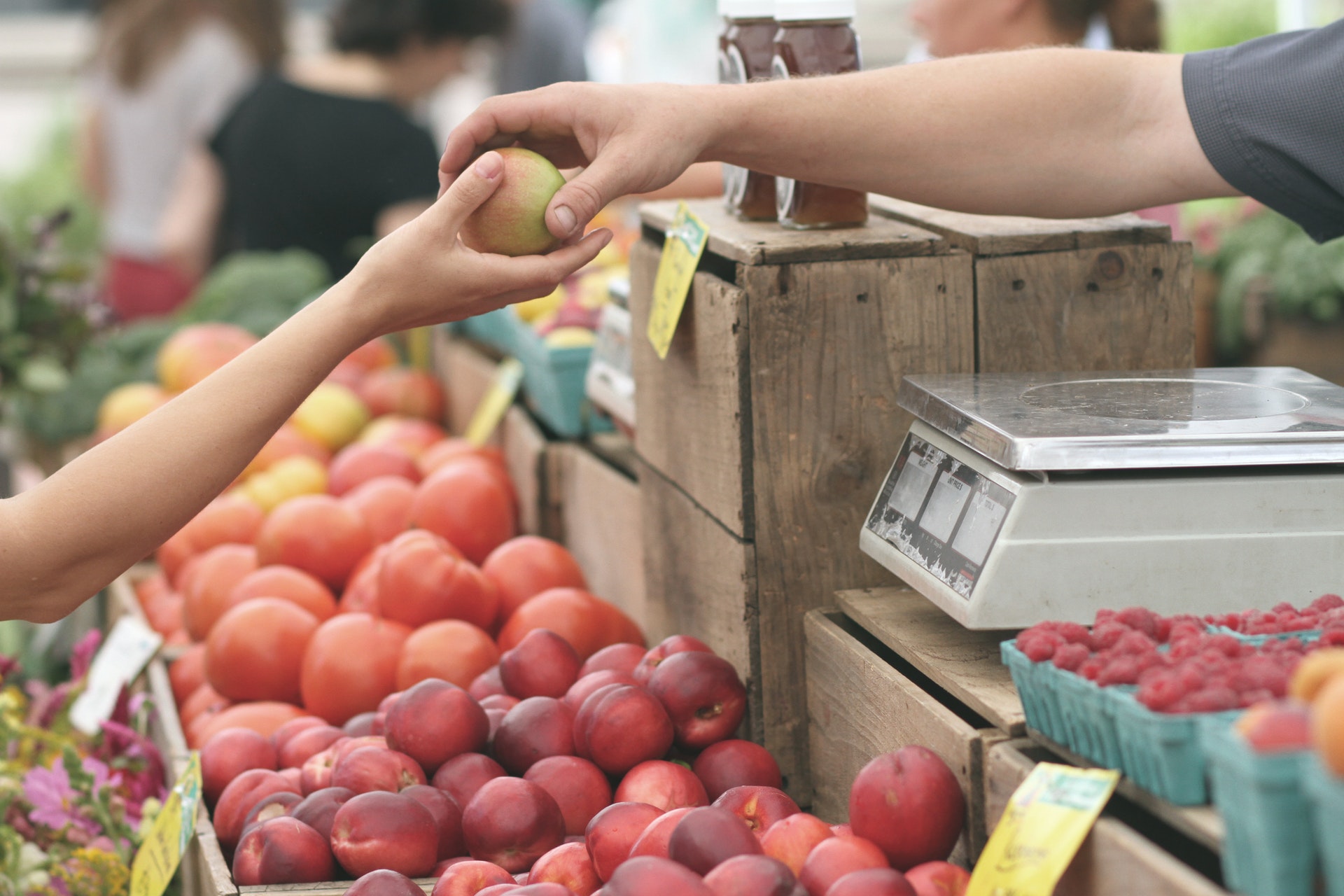While this is an American infographic, I believe it’s relevant to UK business as well. Consumers increasingly prefer smaller businesses, who tend to be more ethical, more flexible and tend to contribute more to the economy. A small, local business will usually hire people who live locally, use local suppliers and sell to local customers. They are more likely to pay their taxes – an issue that resonates strongly with consumers at the moment, as Starbuck’s rehabilitated brand reputation plummets with the news that they paid 0% corporation tax over the last three years. People are wising up to the fact that this means funds directly taken from the treasury, who then raise taxes for ordinary, working people who can scarcely afford it.
You could argue that their tax schemes are simply savvy business, and that they are beholden to their shareholders, no one else. The problem is that Starbucks, and other large corporations, are making it harder and harder for small businesses to compete. They have been accused of deliberately driving small cafes out of business by saturating the market.
Studies have shown that spending locally generates up to 4 times the benefit; e.g. if you spend £10 the local economy will be boosted by around £40. For example, say you buy a cake from Starbucks. Factory made and full of additives, plus being very expensive. Instead, if you buy a cake from a local cafe, who buys them from a local baker, who buys their ingredients from a local market trader, who buys from a local farmer. Four people have benefited from your £2.50, with the added bonus of the food being fresher and with less food miles.




